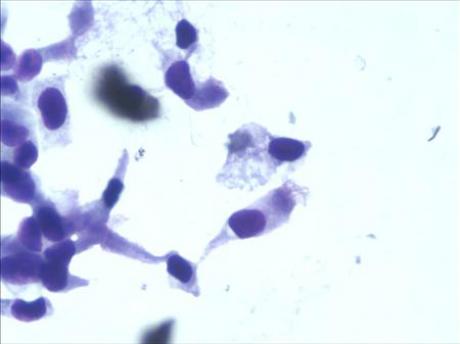British scientists find gene variants linked to mental illnesses
 |
|
[File photo] |
More than 100 genes are associated with increased risk of developing schizophrenia, bipolar disorder and alcoholism, confirms a large study published in the recent issue of the British scientific journal Nature.
The world's largest study into the genetic basis of mental illnesses was led by researchers from British universities, including University College London (UCL), Cardiff University and King's College London (KCL).
Researchers believe that they are now much closer than before to understanding the complex biological causes, which make some people being at high risk of developing mental illnesses. They also believe that these findings could lead to new therapies.
The researchers analysed the DNA of about 37,000 patients with schizophrenia, bipolar disorder or alcoholism, and compared the smallest mutations to those found in about 113,000 healthy people.
They then identified about 128 independent genetic variants at 108 locations on the human chromosomes that contribute significantly to susceptibility to schizophrenia -- 83 of these sites have never before been linked to the illness, according to scientists.
For example, people with the variant of the GRM3 gene, thought to be important in brain signalling, are around 2 to 3 times more likely to develop schizophrenia or alcohol dependence. The variant, which is found in approximately one in every 200 people, is also associated with a threefold risk of developing bipolar disorder.
"We could be looking at the next big drug target for treating mental illness," Professor David Curtis from UCL, co-author of the paper, said. "The work opens up new ways to prevent and treat mental illnesses by revealing the mechanisms involved in their development."
























